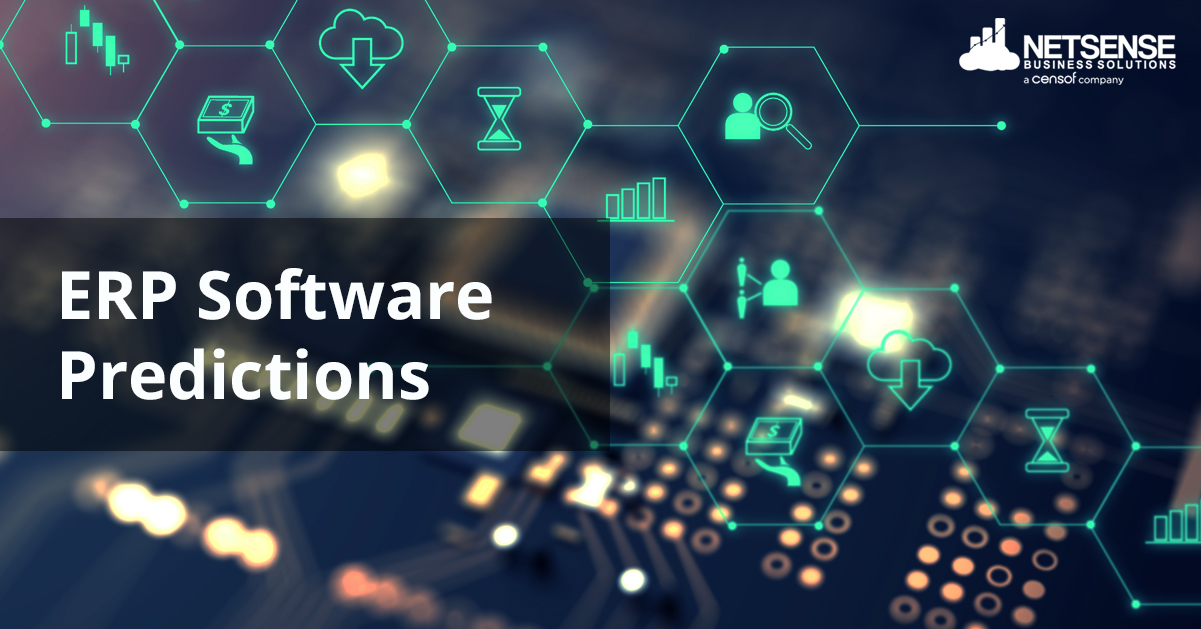Since the level of competition is rapidly increasing, the only way to ease your business processes is to modernise the module or system. Integrating an ERP (Enterprise Resource Planning) system into your business workflows could be a viable option to optimise production runs, manage inventory, and solve operational issues to meet the ever-changing industry needs.
The addition of new-generation Artificial Intelligence (AI) technology into ERP software has transformed the way how companies operate and the volume to data managed, allowing businesses to make informed decisions. With the fast-pace at which technology is changing, ERP is undergoing a wide range of transformations and you need to keep up with the latest trends to seamlessly consolidate advanced functionalities.
94% of enterprises consider cloud-based ERP as a flexible and safe option, reveals Flexera. This translates to ERP is already a big deal and is expected to grow in the foreseeable future. So if you already have an ERP software or are planning to get one for your business processes, here are some trends you should know about that will dominate the landscape of ERP in the future: –
- Increase in the Popularity of ERP Systems
Modern businesses cannot be able to survive in the long run through obsolete technologies. As new generations of workforce enter among the industries, the users of ERP systems will very likely rise drastically for exceptional customer experience.
As per the report by Forrester, the personalised ERP market will cross the US $ 15 billion by 2020, which means businesses will shift to personalisation rather than customisation to manage workflows effortlessly. - Future ERP will Future Blockchain
Blockchain is proved to be the most secure technology to carry out transactions. After making its way through various enterprise software, it will become a standard component for ERP as well. At present, many companies have already started to integrate blockchain into an ERP system to facilitate shipping and tracking operations. Supply chain management and customer acquisition will become more nascent with this technology integration. - ERP Users will shift to Cloud
According to the recent research of CenturyLink and Statista, the cloud computing market is predicted to reach the US $411 Billion by 2020. The cloud computing market has matured tremendously but there are still barriers exist however, in 2020, more and more ERP users are likely to switch to the cloud which will hold significance for SMEs.
With cloud-based ERP systems, there is no need to maintain in-house infrastructure. Users can enjoy the advantage of a full-fledged system with limited human resources. - Artificial Intelligence is Going to Dominate
Artificial Intelligence (AI) is already ruling all facets of business processes. Integrating this technology into ERP will help companies to achieve high levels of automation and eliminate human efforts across several functions. The concept of RPA or Robotic Process Automation is making rounds all over which will further help businesses reallocate wasteful human resources to more efficient avenues.
Chatbots is another addition to artificial intelligence that will reduce operational costs and reallocation of funds will take place through the automation approach. - Mobility and Wearable Technology to Lead
While industry experts emphasise more on SaaS and cloud, mobility will be a key component to turn dominant in the ERP sphere by 2020. Ranging from management staff to back-office workforce, and store personnel, everyone is predicted to use ERP system through mobile devices instead of desktops.
As unparalleled flexibility via mobile ERP is about to rule, it’s high to brace yourself for a new era with wearables and third-party applications for effective synchronisation.
As ERP systems will change, the current features will go through major updates and merge with artificial intelligence, blockchain, IoT-enabled devices, and other technologies that will allow companies to make smart business decisions. Therefore, companies shifting to ERP need to be flexible and agile to adapt to the new changes and improve business workflows comprehensively.
Have any queries regarding enterprise management solutions? Get in touch with our experts to attain a clear understanding and solve your business challenges.
